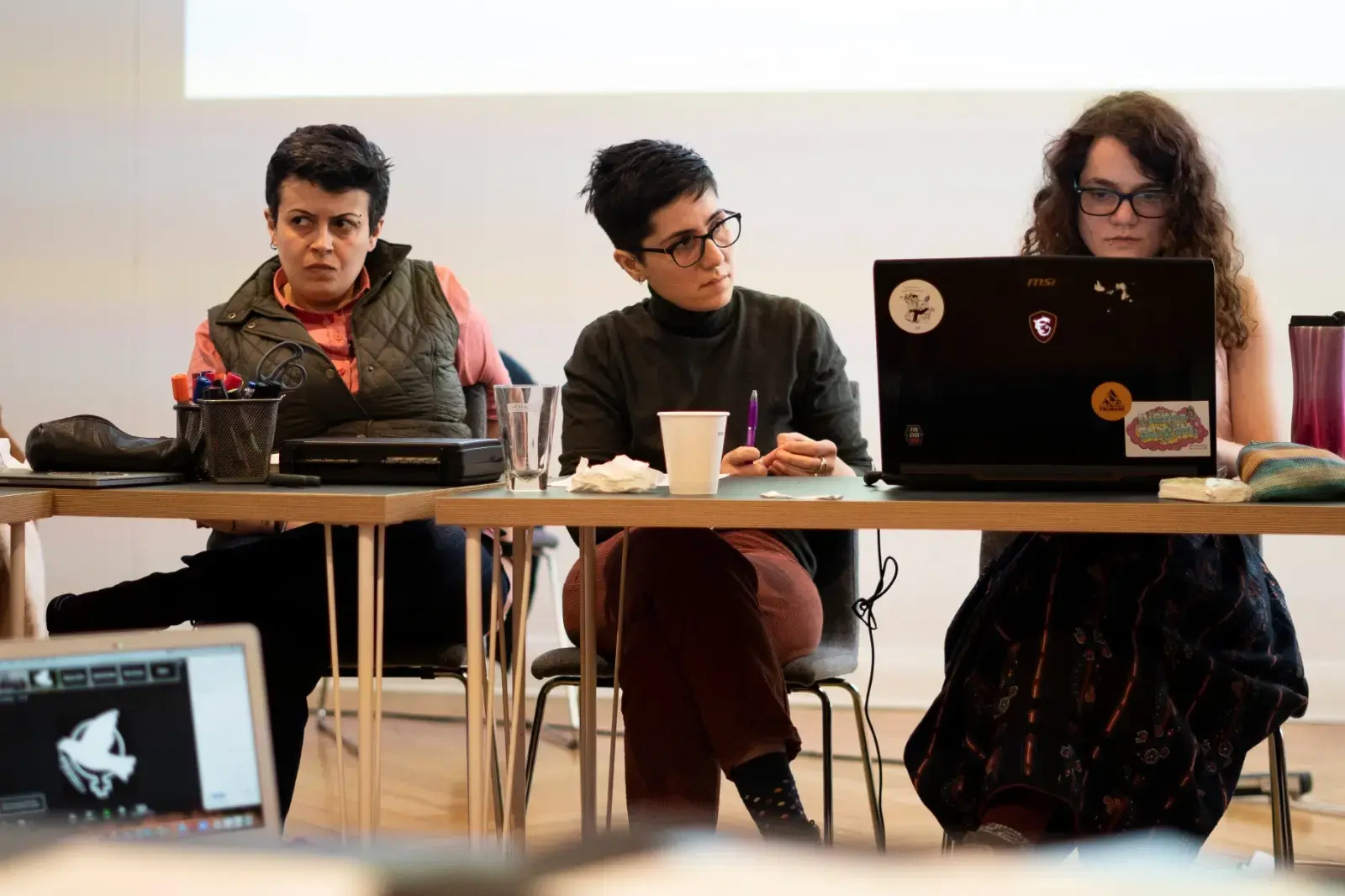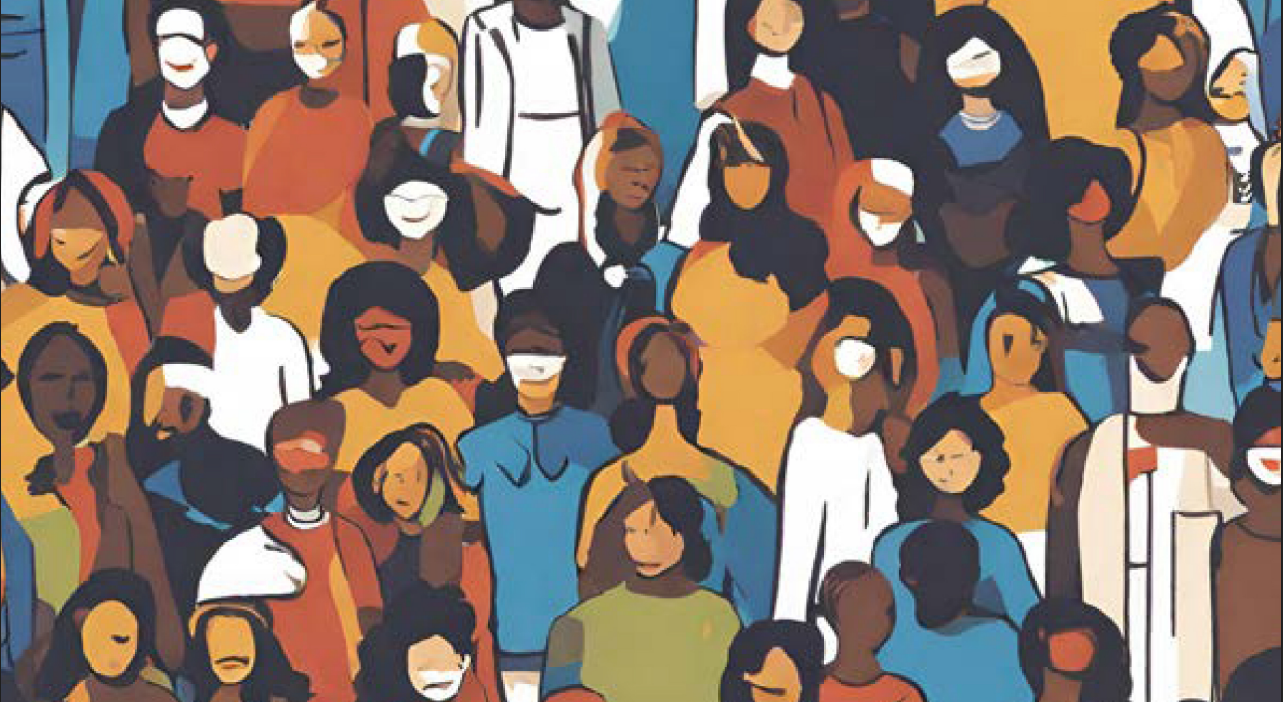Peace Building Initiatives and Alternative Forms of Women’s Political Participation in Syria
CTDC & Release Me | August 2023
This research, produced by CTDC in partnership with Release Me and ARI, captures the voices of 196 Syrian women across various regions to explore their roles in peacebuilding and political participation. Using an intersectional feminist lens, the study foregrounds grassroots activism and alternative forms of political engagement beyond formal negotiations.
🔍 Key Findings
Everyday Political Participation
Women define political participation broadly spanning family decision-making, teaching, caregiving, and activism. Their resistance to marginalisation is political, even outside formal arenas.
Alternative Feminist Organising
Faced with exclusion from official peace tracks, women established their own civil society organisations, informal networks, and local initiatives—many of which remain unnamed as feminist due to political and social risks.
Barriers to Participation
- Patriarchy: Gender norms, religious conservatism, and family control limit women’s mobility and autonomy.
- Economic Exclusion: Conflict-driven poverty restricts women’s time, resources, and influence.
- Political Suppression: De facto authorities and fragmented governance structures curtail democratic space and enforce tokenism.
- Discriminatory Laws: Personal status laws and lack of safeguarding policies sustain systemic exclusion.
- Limited Reach of UNSCR 1325: Many women are unfamiliar with the resolution or lack the tools to implement it locally.
Justice and Peace Defined by Women
Participants demand a positive and just peace—not merely the absence of war, but the presence of legal justice, economic stability, gender equality, and democratic freedoms. Peace starts in the home and community and must be inclusive and transformative.
🌍 Key Obstacles
- Fragmentation & Favouritism: Political and geographical fragmentation deepens inequalities. Women displaced from home regions or from minority communities face compounded exclusion.
- Security Restrictions & Surveillance: In all control areas, from the regime to autonomous regions, women's activism is monitored, restricted, or manipulated for political gain.
- Abusive Feminist Spaces: Some feminist organisations replicate hierarchical or exclusionary structures, marginalising younger or Muslim women, and exploiting grassroots efforts for donor visibility.
🛠 Key Recommendations
For Syrian CSOs & Feminist Movements
- Develop national implementation mechanisms for UNSCR 1325.
- Create safe, inclusive feminist spaces that value diversity.
- Promote political education and capacity-building rooted in local realities.
- Reform CSO governance and policies to ensure gender justice and accountability.
For Donors & International Stakeholders
- Support women-led initiatives directly, beyond token representation.
- Move beyond workshops, focus on structural change and real implementation of peacebuilding tools.
- Embed gender-sensitive constitutional and security sector reforms into peace processes.
- Amplify grassroots peacebuilders in Tracks II and III, ensuring their influence on official negotiations.
👉 To read the full research report, click below 👇
Reach to Us
Have questions or want to collaborate? We'd love to hear from you.




